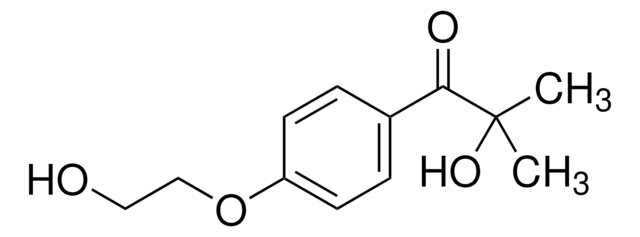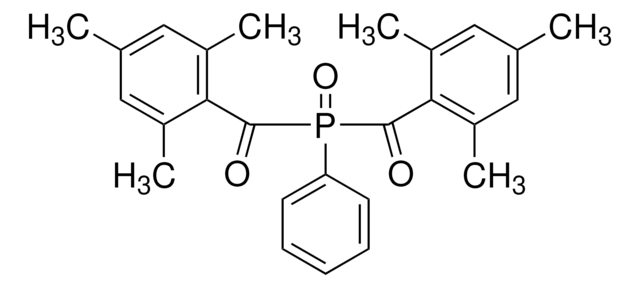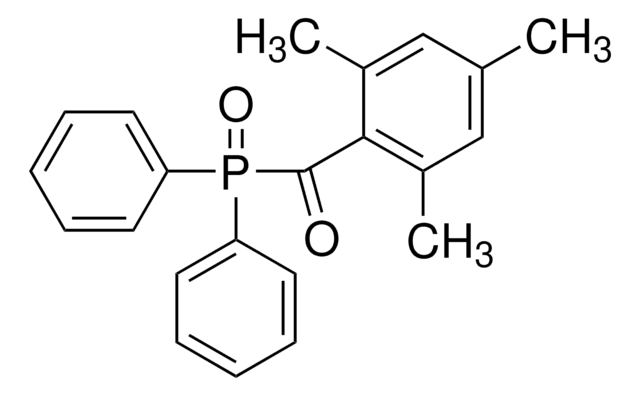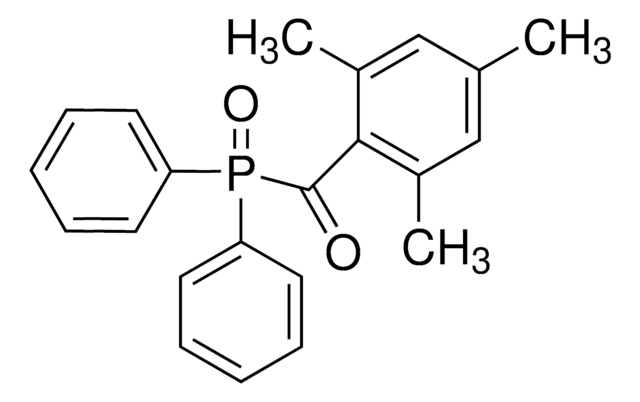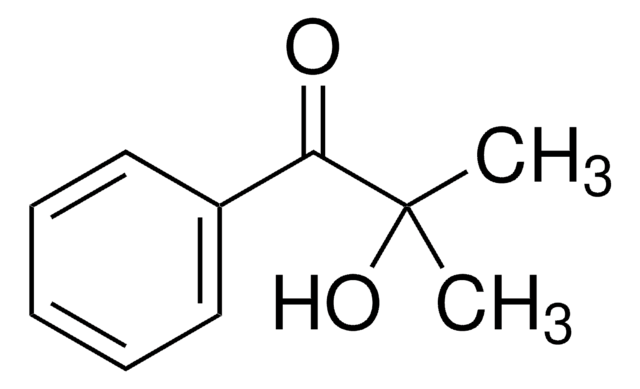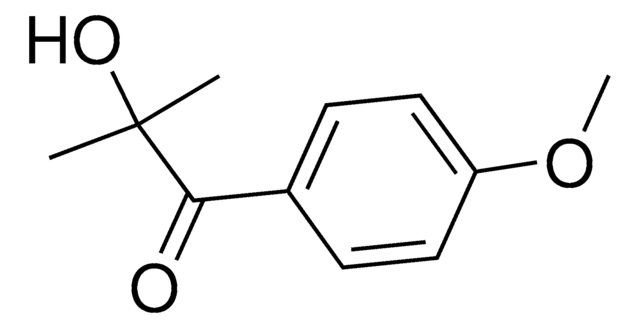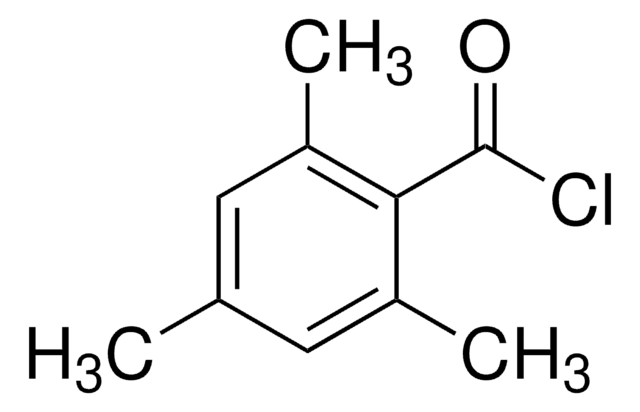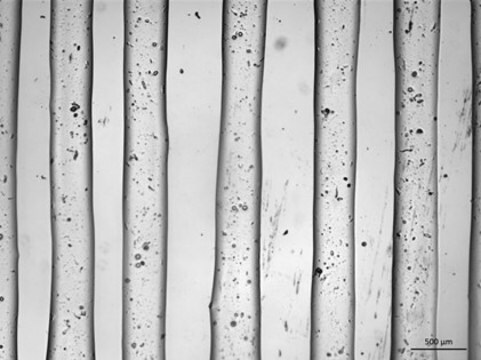900889
Lithium phenyl-2,4,6-trimethylbenzoylphosphinate
≥95%
Synonym(s):
LAP
About This Item
Recommended Products
Quality Level
Assay
≥95%
form
crystalline powder
color
white to off-white
storage temp.
2-8°C
SMILES string
CC1=C(C(P(C2=CC=CC=C2)(O[Li])=O)=O)C(C)=CC(C)=C1
Looking for similar products? Visit Product Comparison Guide
Application
Features and Benefits
- Superior water solubility
- Biocompatible
- Sensitiveto visible light
Storage Class Code
11 - Combustible Solids
WGK
WGK 3
Flash Point(F)
Not applicable
Flash Point(C)
Not applicable
Choose from one of the most recent versions:
Already Own This Product?
Find documentation for the products that you have recently purchased in the Document Library.
Customers Also Viewed
Articles
The introduction of LAP and water-dispersible photoinitiator nanoparticles of TPO, enables the development of novel formulations for 3D bioprinting, tissue engineering applications, and device manufacturing.
Related Content
Tissue engineering fabricates tissues cultures from scaffolds, living cells, and biologically active molecules by simulating the microenvironment of the body to repair or replace damaged tissue.
Tissue engineering fabricates tissues cultures from scaffolds, living cells, and biologically active molecules by simulating the microenvironment of the body to repair or replace damaged tissue.
Our team of scientists has experience in all areas of research including Life Science, Material Science, Chemical Synthesis, Chromatography, Analytical and many others.
Contact Technical Service